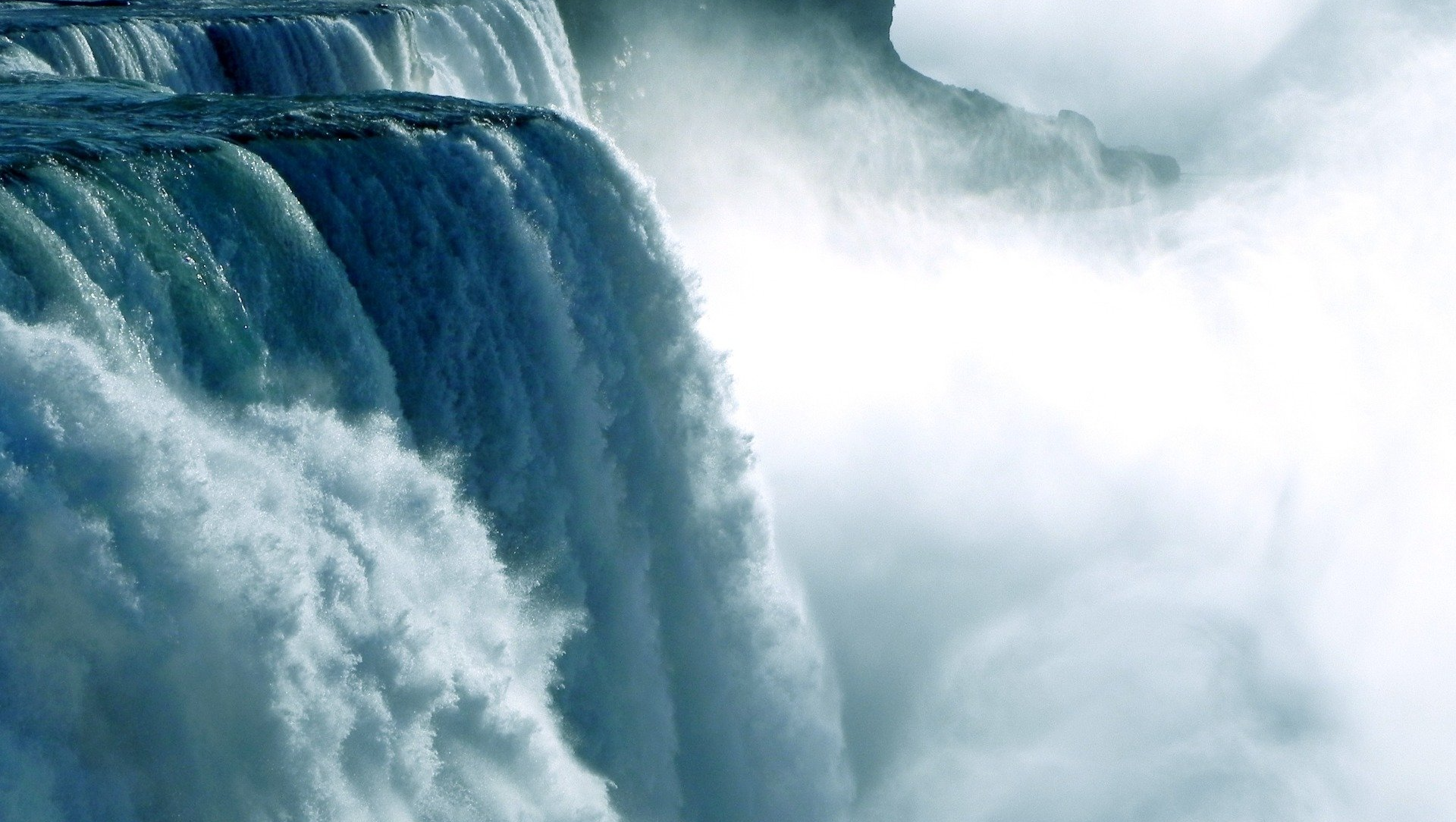The Cause of Me (Not Self -powered)
I saw a commercial a few days ago in which there was a young woman who jumped up exultantly and exclaimed, “I am the cause of me!” She had gotten this happy revelation. The commercial may have been for an ocean cruise of some sort, and the exultant young woman was to have realized that she was her own boss and could take such an adventuresome cruise if she wanted.

The idea that we are “the cause of me” won’t survive much introspection. On an obvious level, we don’t choose our nuclear family or the country in which we are born. Many years ago, having studied Buddhism for some time, I asked myself how I became a university English teacher. I discovered a web of factors, some having to do with innate proclivities and others with outside influences, none of which I had had any control over. These discoveries put completely out of the question that I could say “I am the cause of me” in respect to my profession as teacher.
The Hindu sage, Ramana Maharshi (d. 1950), said, “. . .The supreme power of God makes all things move.”[1] In the Christian tradition, the mystic, Julian of Norwich (d. after 1416), said that “God does all things, even the very least.”[2] In Buddhism, the principle of dependent co-arising, in my understanding, betokens the march of inevitable cause and effect through our lives entirely independent of “free” human agency. Aside from plain observation, there is a considerable weight of spiritual opinion against the notion that anyone is “the cause of me.”
For some it is satisfying to think that we run our own lives, and they may bristle at the idea that we are not self-powered. Many zazen practitioners, though, probably sense the truth of the alternative, which is that we are other-powered. Another renowned teacher from the Hindu tradition, Nisargadatta (d. 1981), said that it is a sign of spiritual progress “when one stops thinking that one is living, and gets the feeling that one is being lived, that whatever one is doing, one is not doing, but one is made to do”[3] As ego gradually becomes less pressing in the zazen practitioner, the truth of being other-powered becomes more apparent.
Footnotes
- The Spiritual Teaching of Ramana Maharshi, Boston and London, 1988, p. 9.
- Julian of Norwich, Revelation of Love, New York, 1997, p. 25.
- Sri Nisargadatta Maharaj, The Ultimate Medicine, Berkeley, 1994, p. 97.